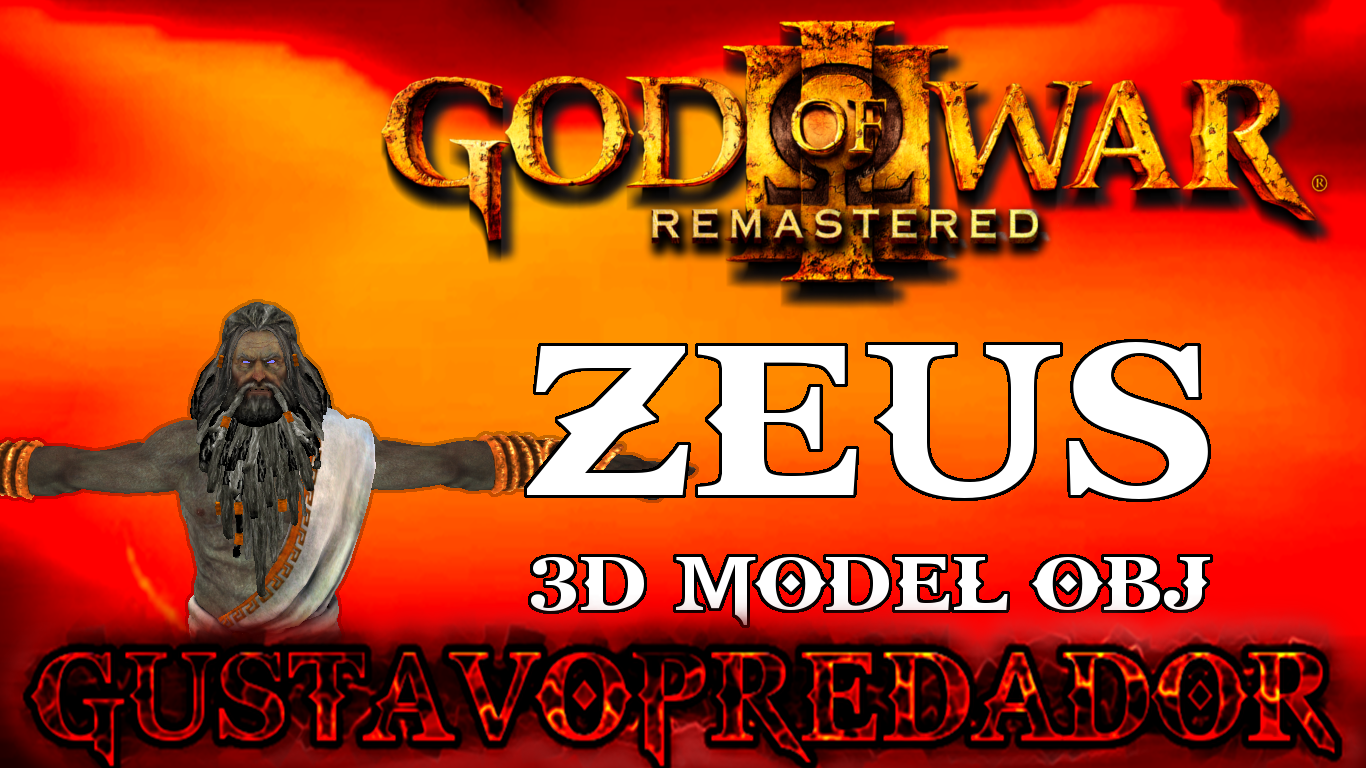

Big Bad Ensemble: Zeus is still the overall main antagonist and target of Kratos' vengeance, but there's also Gaia who wishes to overthrow Olympus for the Titans, and Athena who appears to be an ally to Kratos but is ultimately using him for her own ends.Instead, he turns the blade on himself to give the godless world the hope inside him. Bait-and-Switch: At the game's end, it appears that Kratos is about to strike Athena down with the Blade of Olympus.Bag of Spilling: Kratos loses much of his magic and powers, along with the Blades of Athena, after falling into the River Styx and being attacked by the souls within.However, she loses the power of Hope, as Kratos releases it to mankind instead of returning it to her, much to her annoyance. Athena succeeds in manipulating Kratos to slay the other Gods so she can rule over Olympus alone. It seems to have been the Fear inside of Pandora's Box, as he seems to come to his senses in that brief moment. Bad Black Barf: A big thick black cloud of something escapes from Zeus' mouth before Kratos begins his Extreme Mêlée Revenge.

And you will not see the end of this day. Badass Boast: Kratos gets a heck of an impressive one to Zeus at the beginning.Artifact Title: There is no god of war during the game Ares is long dead, Kratos was cast down (and loses his godly powers a short while into the game), and despite his ambitions, Hercules doesn't get the title either.Art Shift: The flashbacks in-game are done in a heavily stylized and trippy art style in the fashion of classic Greek pottery artwork.

She actually name drops this trope when Kratos demands to know why she's suddenly cool with him killing Zeus.
 Ascend to a Higher Plane of Existence: Athena's Heroic Sacrifice to save Zeus has turned her into a transparent, angel-like figure. In particular, Hades has several legitimate grievances with Kratos and Hephaestus only wants to protect his daughter. Anti-Villain: For the most part, the gods, while definitely of the jerkass variety, are doing all they can to defend themselves from Kratos, who is the aggressor in the whole situation. Kratos kills Hermes by chopping both of his legs off. A Bolt of Divine Retribution from Zeus blasts Gaia's left hand almost clean off, leaving it hanging by a mass of root-like tendons. And I Must Scream: The Head of Helios is implied to still be alive, as it screams when you activate it. And then it turns out what he was looking for was inside him all along. Kratos goes searching for Pandora, to undo the Olympus Flame, and in the process lays waste to all Olympus. And then they get their asses kicked easily by the gods, to the extent that by the time Kratos catches up with them, all but two of them have died. The previous game ended with Kratos freeing the Titans, with them storming Olympus. It's revealed in the ending that he wasn't actually evil, he was just consumed by the evils of Pandora's Box, which came out when Kratos opened it. if it wasn't for Envy from Pandora's Box cursing him. Though it was implied that he might still be the legendary hero. Adaptational Villainy: In this game, Hercules, rather than the legendary hero most fiction depicts him as, is shown as arrogant and jealous of Kratos' accomplishments, as well as Zeus' apparent Parental Favoritism for the Spartan. Actor Allusion: Kevin Sorbo shows up, once again voicing Hercules. God of War III contains examples of the following tropes (Beware of unmarked spoilers): The game got an enhanced rerelease in Summer of 2015 for the PlayStation 4.
Ascend to a Higher Plane of Existence: Athena's Heroic Sacrifice to save Zeus has turned her into a transparent, angel-like figure. In particular, Hades has several legitimate grievances with Kratos and Hephaestus only wants to protect his daughter. Anti-Villain: For the most part, the gods, while definitely of the jerkass variety, are doing all they can to defend themselves from Kratos, who is the aggressor in the whole situation. Kratos kills Hermes by chopping both of his legs off. A Bolt of Divine Retribution from Zeus blasts Gaia's left hand almost clean off, leaving it hanging by a mass of root-like tendons. And I Must Scream: The Head of Helios is implied to still be alive, as it screams when you activate it. And then it turns out what he was looking for was inside him all along. Kratos goes searching for Pandora, to undo the Olympus Flame, and in the process lays waste to all Olympus. And then they get their asses kicked easily by the gods, to the extent that by the time Kratos catches up with them, all but two of them have died. The previous game ended with Kratos freeing the Titans, with them storming Olympus. It's revealed in the ending that he wasn't actually evil, he was just consumed by the evils of Pandora's Box, which came out when Kratos opened it. if it wasn't for Envy from Pandora's Box cursing him. Though it was implied that he might still be the legendary hero. Adaptational Villainy: In this game, Hercules, rather than the legendary hero most fiction depicts him as, is shown as arrogant and jealous of Kratos' accomplishments, as well as Zeus' apparent Parental Favoritism for the Spartan. Actor Allusion: Kevin Sorbo shows up, once again voicing Hercules. God of War III contains examples of the following tropes (Beware of unmarked spoilers): The game got an enhanced rerelease in Summer of 2015 for the PlayStation 4.








 0 kommentar(er)
0 kommentar(er)
